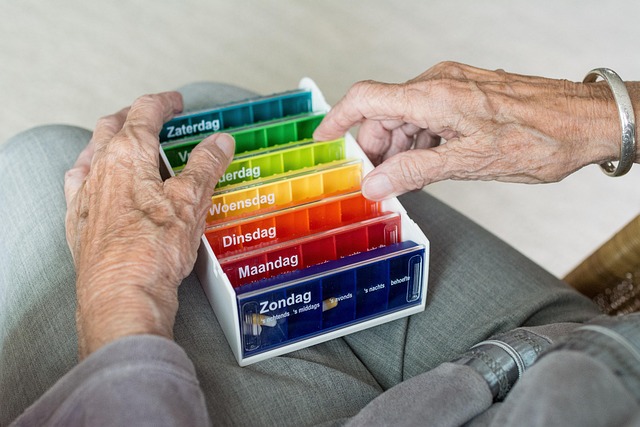Loneliness among the elderly is a growing mental health concern, but Elderly Companion Services offer a vital solution. By pairing seniors with trained companions for regular interaction and shared activities, these services significantly reduce loneliness's negative effects, fostering cognitive health and emotional well-being. Choosing the right companion is crucial, focusing on empathetic, patient individuals who actively listen and share compatible interests, values, and lifestyles to build strong, supportive relationships.
“Elderly loneliness is a growing concern in today’s society, with significant implications for mental health. This article explores how elderly companion services can mitigate this issue. We delve into the profound impact of loneliness on seniors’ cognitive and emotional well-being, highlighting the benefits of companionship. From cognitive stimulation to social interaction, these services offer a lifeline. Furthermore, we guide readers through choosing the right companion, emphasizing qualities that foster fulfilling relationships. Understanding these aspects is crucial in enhancing the mental health of our elderly population.”
- Understanding the Impact of Loneliness on Elderly Mental Health
- Benefits of Senior Companion Services for Cognitive Stimulation and Social Interaction
- Choosing the Right Companion: Qualities and Considerations for a Fulfilling Relationship
Understanding the Impact of Loneliness on Elderly Mental Health

Loneliness is a growing concern among the elderly population and can significantly impact their mental well-being. The lack of social connection and meaningful interactions can lead to feelings of isolation, depression, and anxiety. Elderly individuals often find themselves with reduced mobility, diminished social circles, or even the loss of loved ones, making them more susceptible to loneliness. This is where elderly companion services play a vital role. These services provide a much-needed solution by offering companionship and regular interaction.
By pairing elderly folks with trained companions, these services ensure they have someone to talk to, share experiences with, and participate in activities that promote social engagement. The impact of loneliness on mental health is profound, and having a companion can make a significant difference in combating these negative effects. It helps create a sense of belonging and purpose, fostering an environment conducive to improved mental well-being.
Benefits of Senior Companion Services for Cognitive Stimulation and Social Interaction

Senior companionship services play a pivotal role in enhancing the cognitive health and social well-being of the elderly. Regular interactions with a dedicated companion can significantly stimulate mental activities, keeping minds sharp and engaged. Through conversations, games, and shared activities, these services provide an excellent form of brain exercise, helping to combat cognitive decline and delay the onset of conditions like dementia.
Moreover, elderly individuals often experience loneliness and isolation, which can negatively impact their overall mental state. Having a companion by their side offers a much-needed social connection, alleviating feelings of solitude. Companionship services facilitate meaningful conversations, encourage participation in community activities, and create opportunities for building new friendships. This increased social interaction contributes to improved emotional well-being and fosters a sense of belonging, which is crucial for maintaining a positive mental attitude in older adults.
Choosing the Right Companion: Qualities and Considerations for a Fulfilling Relationship

Choosing the right companion is pivotal for fostering a fulfilling relationship and enhancing mental well-being, especially within the context of elderly companion services. Look for individuals who exhibit empathy, patience, and genuine interest in their companions’ lives. A caring attitude, combined with active listening skills, ensures conversations remain engaging and meaningful.
Considerations should also include compatibility in terms of interests, values, and lifestyle. It’s important that both parties feel comfortable sharing personal stories and experiences. Additionally, assessing the companion’s reliability, punctuality, and ability to adapt to their partner’s needs is essential for building a stable and supportive connection.
Elderly Companion Services play a vital role in combating loneliness among seniors, offering cognitive stimulation and social interaction that significantly contribute to their mental well-being. By choosing companions with caring attitudes and appropriate skills, families can ensure these relationships are fulfilling and beneficial. Understanding the impact of loneliness and selecting the right companion can profoundly enhance the lives of elderly individuals, enriching their tapestry of social connections and overall mental health.














